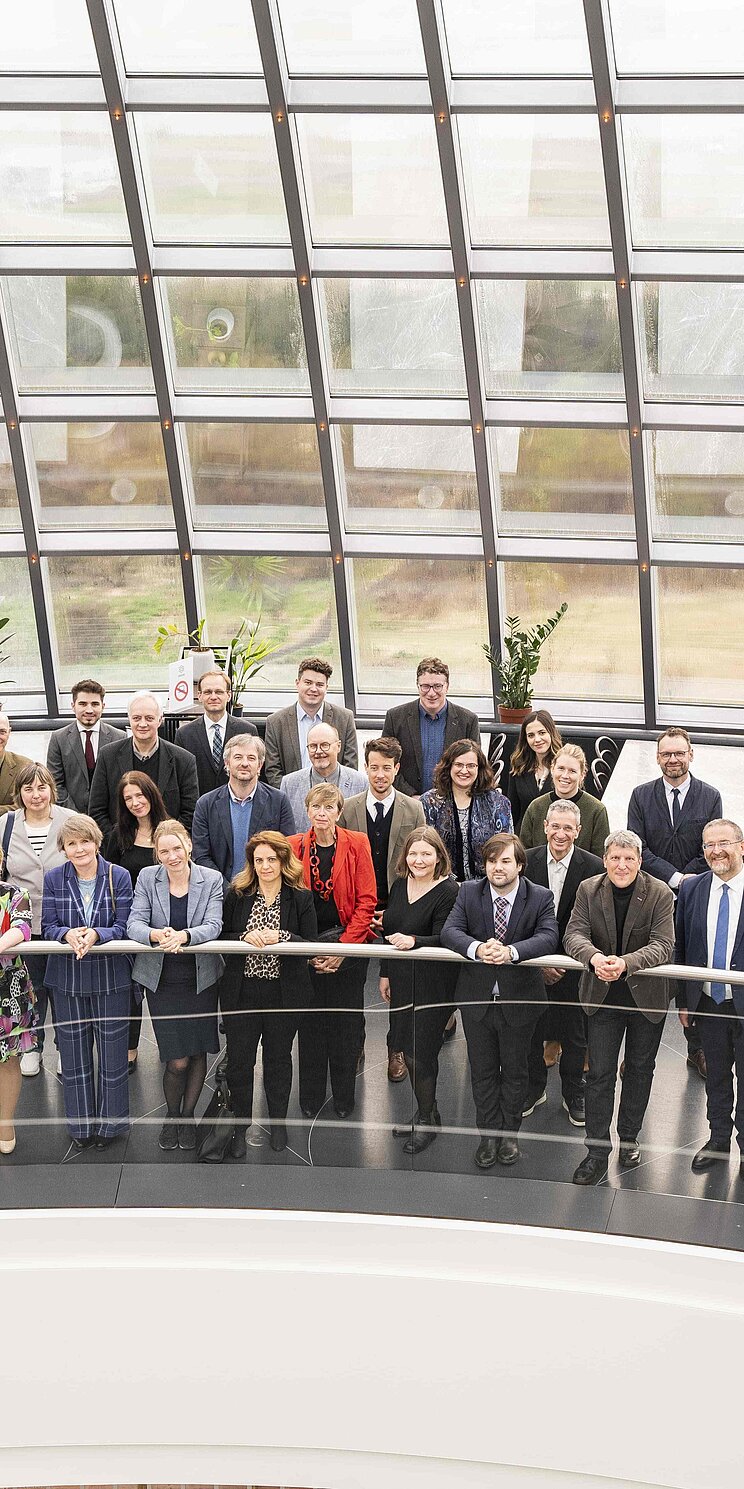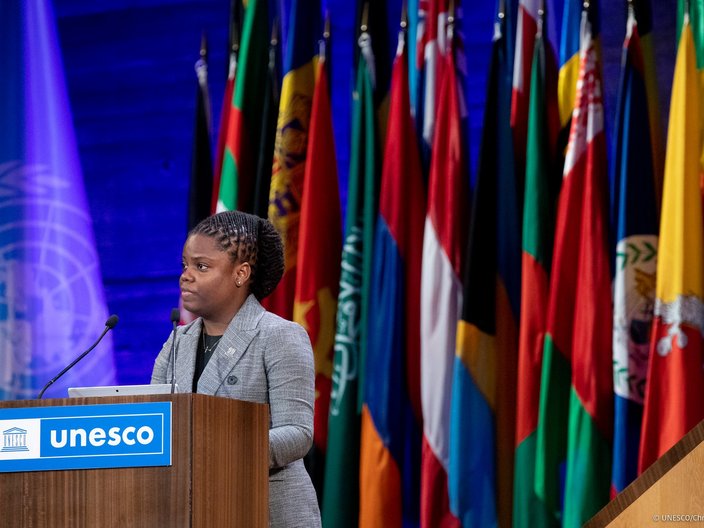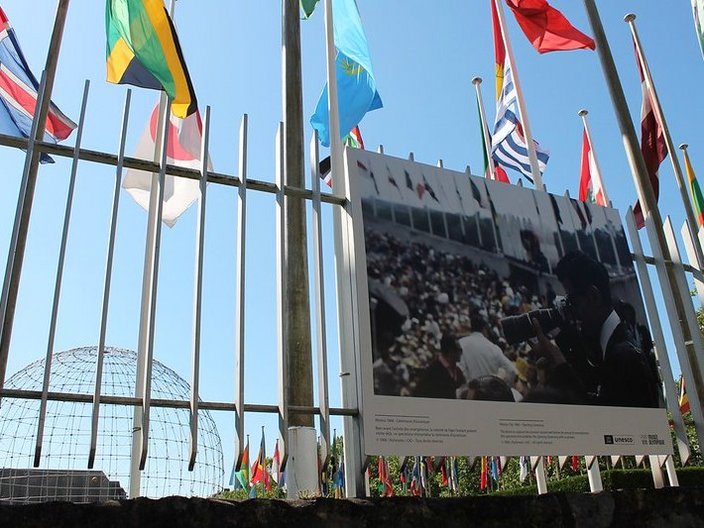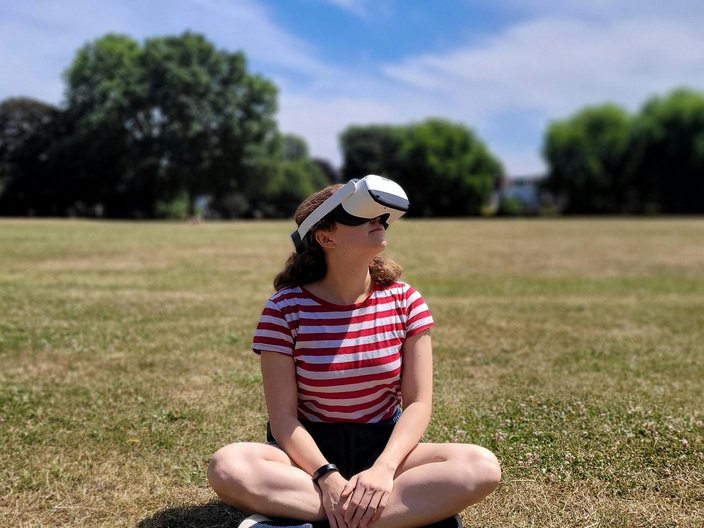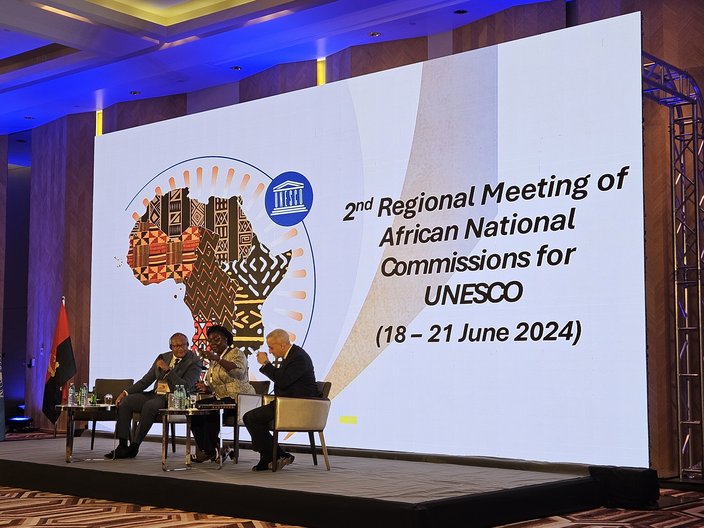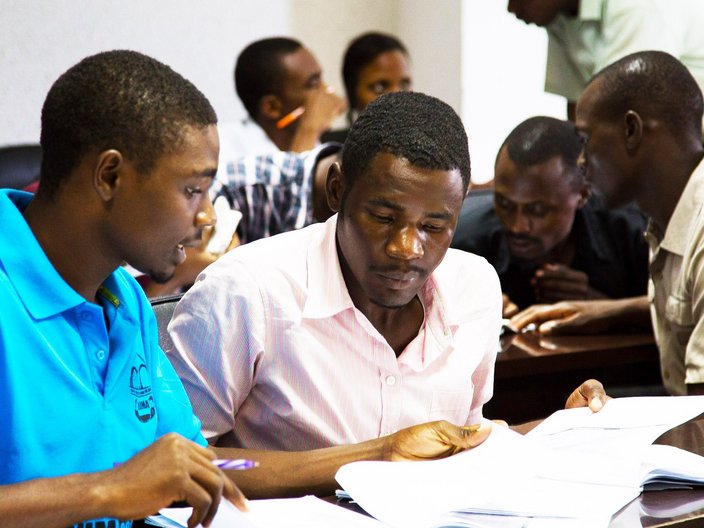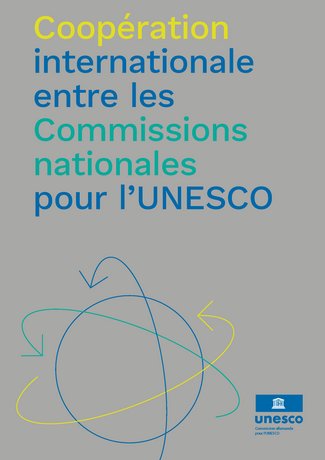(Copy 1)
Cooperation between European National Commissions has a long tradition, dating back to the 1950s. For many European countries, the work of the European Union in key areas of UNESCO's mandate is of great importance. For this reason, the Informal Network of European UNESCO National Commissions was established in 2015. It does not include all National Commissions geographically located in Europe, but only those whose countries have close ties with the European Union. This has significantly strengthened European cooperation between National Commissions. Since its inception, the network's nearly 40 members have met annually in different locations to exchange ideas on joint initiatives and best practices.
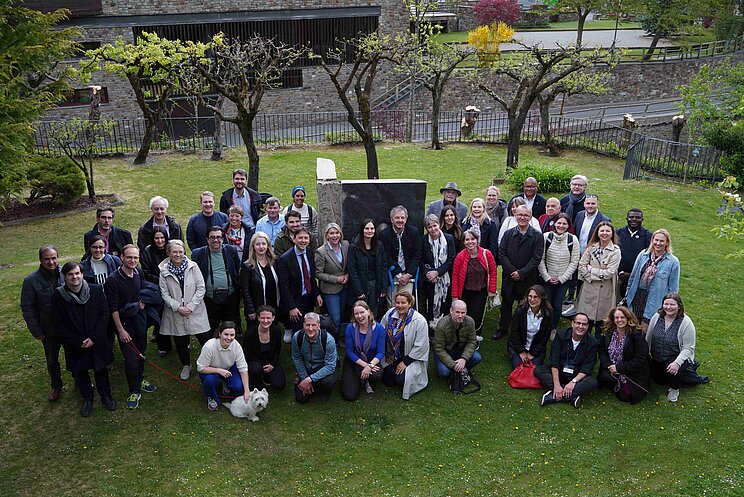
(Copy 2)
The German Commission for UNESCO has been cooperating with its European partner commissions for a long time on various topics and has achieved very concrete results. Examples include joint publications and events such as the 2023 brochure "The UNESCO Recommendation on the Ethics of Artificial Intelligence: A Guide for Shaping Our Future", developed together with the Dutch and Slovenian National Commissions. The English language publication was then made available to all other National Commissions as an open file under Creative Commons licences, resulting in approximately ten other National Commissions translating and publishing the publication in their own national languages with minimal effort and cost. Another example is the Recreation Project, which has been running with the Ukrainian National Commission since 2022. It enables young Ukrainians to take a break from the war for a few weeks at German UNESCO Associated Schools.
The German Commission for UNESCO works particularly closely with the National Commissions of countries where German is also an official language, i.e. the Commissions of Luxembourg, Austria and Switzerland. Coordination meetings are held regularly, joint events are organised several times a year, and official UNESCO documents are jointly translated into German.
